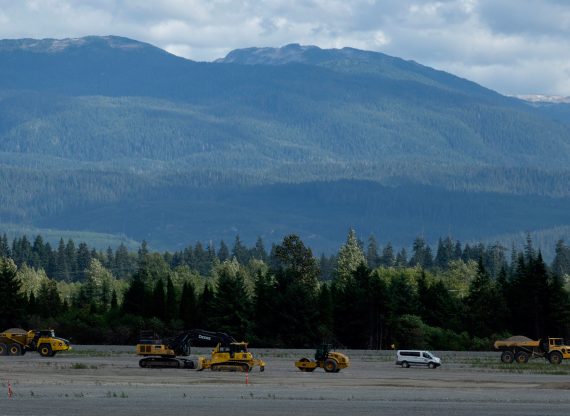First Nations and natural resources: A different picture

Montreal, February 12, 2020 – Protests are taking place across the country as certain members of First Nations express their opposition to the Coastal GasLink energy project in British Columbia. Yet according to Germain Belzile, Senior Associate Researcher at the MEI, we must keep in mind that the democratically elected band councils of the communities along the pipeline’s route are in favour of the project.
“In 2017, natural gas was produced on no less than 51 reserves belonging to 39 First Nations,” notes Mr. Belzile. “That’s in addition to oil, which is extracted from 35 reserves belonging to 25 First Nations. Many aboriginal people are in favour of oil and gas projects on their territory. We often tend to forget this fact.”
“This support is not surprising, since many First Nations communities reap substantial benefits from the development of natural gas,” points out Mr. Belzile, adding that members of First Nations working in the natural gas sector can earn over $200,000, according to Statistics Canada data.
Indeed, First Nations members working in the oil and gas sectors earn two to four times as much as other workers in their communities, whose salaries average just $51,500, according to data from the 2016 census.
“There is no doubt that the development of natural resources allows numerous First Nations to improve their living conditions. Many of their members are fully aware of this, since they are, after all, Canada’s first entrepreneurs,” says Germain Belzile.
Indeed, an MEI Research Paper entitled The First Entrepreneurs – Natural Resource Development and First Nations includes excerpts of interviews conducted with aboriginal community leaders like JP Gladu, CEO of the Canadian Council for Aboriginal Business, and Ellis Ross, MLA in British Columbia and Chief Councillor of the Haisla First Nation from 2011 to 2017.
MLA Ross speaks with great passion of the development his community has experienced thanks to its improved economic condition. “The community that we are in now is full of optimism and hope. It is not about what we can’t do, it’s about what we can do. It is a totally different community from the one I grew up in,” Mr. Ross declared in an interview for that Research Paper.
* * *
The MEI is an independent public policy think tank with offices in Montreal, Calgary, and Paris. Through its publications, media appearances, and advisory services to policy-makers, the MEI stimulates public policy debate and reforms based on sound economics and entrepreneurship.
-30-
Interview requests: Daniel Dufort, Senior Director of External Relations, Communications and Development, MEI. Tel.: 514-273-0969 ext. 2224 / Cell: 438-886-9919 / Email: ddufort@iedm.org

